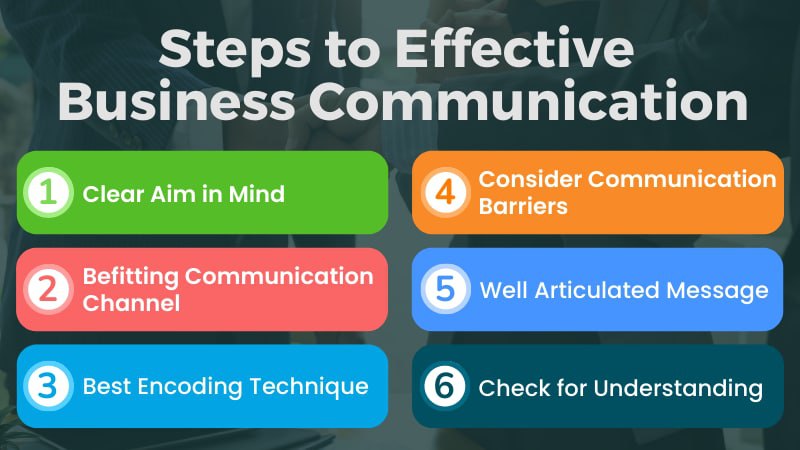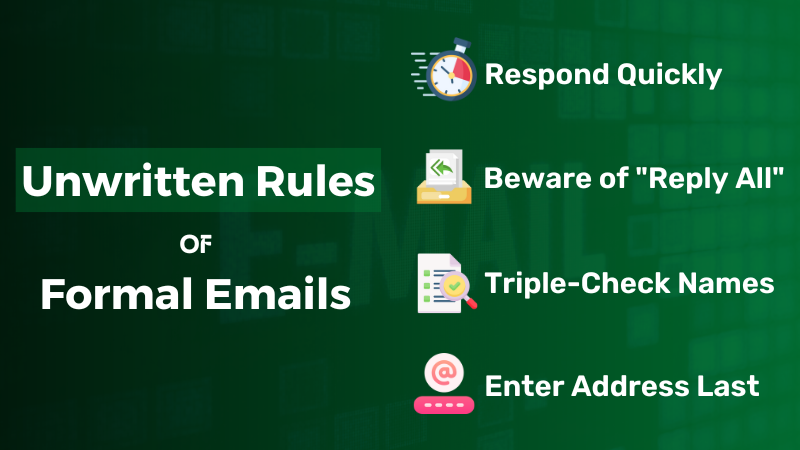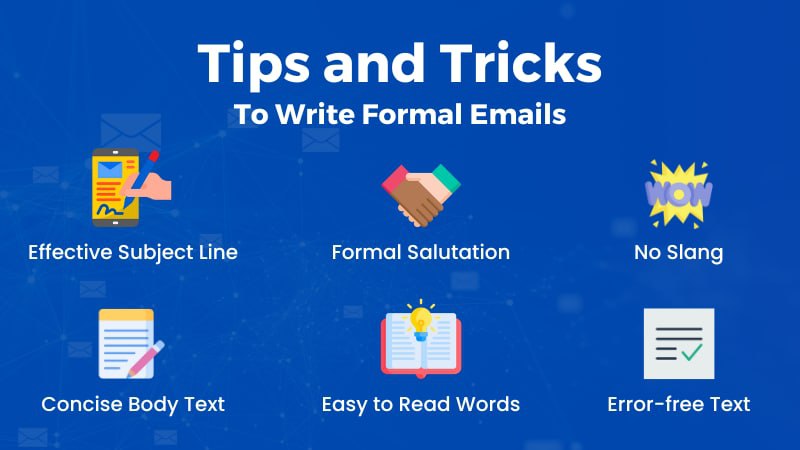Most Effective Call-to-Action Phrases in Business Emails

Call-to-Action phrases in business emails cannot sound too much like commands or orders for the underlying formal and respective tone which is a must. But different scenarios and cultures can have these as informal or casual communications.
What is Call-to-Action?
Call-to-Action (CTA) is exactly what it sounds like - the call to motivate actions. These phrases are often used as a call to make something happen or actions to take the course. In terms of business emails, two parties need these actions to initiate.
Most Effective Call-to-Action Phrases
Using informal vocabulary in strictly formal settings is never good for business but informal wording can build your business when you know when and where to use them correctly. Here is a list of CTA phrases suitable for various situations in business environments as in internal and external business communications -
Phrases to Set a Meeting
The aim is to suggest a time and check if it works for the person at the other end. Or you can always leave the entire responsibility of the meeting schedule on to the individual at the other end of the email. Certain phrases are used widely to ask for a meeting to be scheduled politely and formally.
- We were hoping you would be free tomorrow for a quick meeting.
- I am writing to schedule a meeting.
- If tomorrow works for you, we can set an hour-long meeting.
- Please name a date and time for a meeting regarding…
Dear Ms. Williamson, I am writing to schedule a meeting. We were hoping you would be free tomorrow for a quick meeting. Thank you so much. Best Regards David Radcliff
|
Phrases in Reminder Emails
Business-related engagements are always scheduled well in advance; that is why reminders are integral to successful and timely encounters. Some phrases work particularly well while being used in reminder emails. Let’s take a look at some of them down below -
- Just confirming…
- Still awaiting your comment on…
- I hope your schedule still has some room…
- Just to let you know that we have a scheduled meeting…
- I’m writing to confirm your presence at the conference.
Dear Ms. Davidson, Just to let you know that we have a scheduled program this evening at 8 pm. I’m writing to confirm your presence at the conference. Thank you so much. Best Regards Melissa Hoffstader
|
Selecting a Timeframe
It is not always possible to fix a date or hour for meetings, seminars etc. at one go because people have multiple set and probable business engagements to come. That’s why people often attempt to set a tentative date or time at first. Selecting or confirming a timeframe for certain tasks is usually done via emails and there are a few phrases that work better than the rest.
- Let’s meet on Monday.
- Can you kindly clear your schedule for a business call tomorrow afternoon?
- We are willing to visit your factory sometime later this week.
- Please, let me know your availability by the end of this week.
- Kindly, do respond by this afternoon.
Dear Mr. Swepson, Can you kindly clear your schedule for a business call tomorrow afternoon? Kindly, do respond by today. Thank you so much. Best Regards Milly Dawson
|
Wrapping up Sales
Sales emails are the most prominent type of emails that come to mind when Call-to-Action is concerned. The CTA phrases are informal and utilized directly in sales emails the companies send to their customers. Below are the CTA phrases we often see popping up and highlighted in these emails to grab the readers’ attention -
- Check out this product
- Click the link below
- Don’t forget to register
- Sign up for a free trial
Dear Ms. Giles, Don’t forget to register to our newsletter. Click the link below and sign up for a free trial >>> CLICK HERE Thank you so much. Best Regards Patrick Cooper
|
Grammar
Read More
- How to Use "Therefore" in Sentences Avoiding Common Mistakes
- How to Use "Whereas" with Examples and Avoid Common Mistakes
- When and How to Use "Thus" Correctly Without Common Mistakes
- How to Use "On the Contrary" Properly with Meaning and Examples
- When and How to Use "Either/Or" with Examples and Common Mistakes to Avoid
- How to Use "On the Other Hand" Effectively without Mistakes
- How to Use "Respectively" with Example and Common Errors to Avoid
- How and When to Use "Moreover" Without Mistakes
- How to Use "Likewise" in Sentences Based on Context & When not to Use
- When & How to Use "Although" in Sentences to Avoid Mistake




